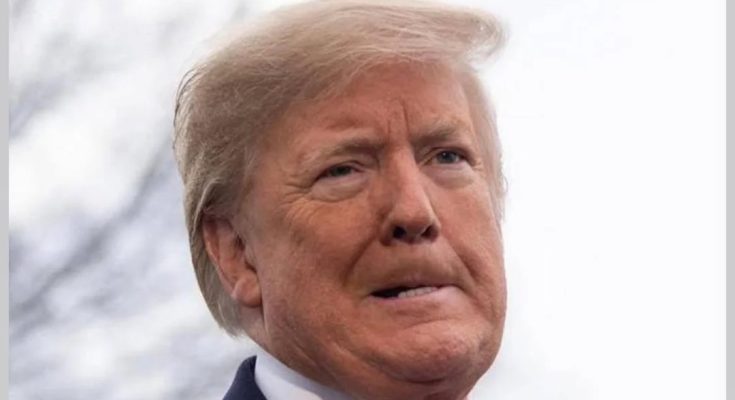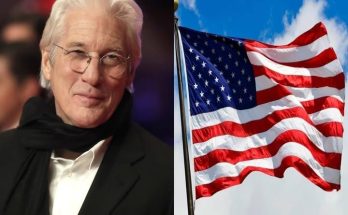On Friday, attorneys representing the immigrants submitted an emergency appeal, contending that their clients were at risk of imminent deportation without sufficient notice or the chance to contest their removal. The Court instructed the Trump administration to respond to this appeal after the federal appeals court in Louisiana takes further steps in the matter, as reported by CNN. In the meantime, the court mandated that “the government is directed not to remove any member of the putative class of detainees from the United States until further order of this court.”
Previously, a federal judge in Washington, D.C., informed the attorneys for the Texas-based migrants that he did not possess the authority to stop their deportations under the Alien Enemies Act, although he expressed concern regarding the actions of the Trump administration.
“I sympathize with your arguments, but I do not believe I have the power to intervene,” stated U.S. District Judge James Boasberg to a lawyer representing the undocumented migrants.
Before opting not to intervene, Boasberg inquired of a Justice Department attorney whether the administration planned to proceed with deportations on Friday night or Saturday. DOJ attorney Drew Ensign replied that while no removal flights were scheduled at that moment, the Department of Homeland Security retained the authority to execute deportations on Saturday.
Simultaneously, the migrants’ legal team sought emergency relief from the 5th U.S. Circuit Court of Appeals, which oversees cases originating from Texas.It is challenging for me to assert that I should involve myself in this controversy, considering the current status of the issue in the 5th Circuit and the Supreme Court, Boasberg remarked during the hearing on Friday.
The decision made on Saturday represents the second occasion on which the Supreme Court has addressed the Trump administration’s application of the Alien Enemies Act.
Last week, the Supreme Court permitted the administration to utilize this law but mandated that migrants facing deportation be informed and given the chance to contest their removal in the federal court situated in the district of their detention. The justices also determined that such legal challenges must be initiated in the jurisdiction of the detention center, rather than in other locations.
This ongoing legal dispute underscores the administration’s determined effort to persist with deportations under the Alien Enemies Act, which allows the government to circumvent certain procedures typically required by standard immigration regulations.
On Thursday, a federal appeals court denied the Trump administration’s urgent request to suspend a judge’s order that required the U.S. government to assist in the return of Kilmar Abrego Garcia, an undocumented immigrant from El Salvador with a history of violent crime and suspected gang connections.
Garcia was deported last month to the high-security “Terrorism Confinement Center” (CECOT) in El Salvador. The ruling from the appeals court allows the lower court’s order to remain in effect for the time being.
The case revolves around Abrego Garcia, a deported resident of Maryland, whose return was mandated by a district judge following a recent Supreme Court decision. The Department of Justice had sought to have the U.S. Court of Appeals for the Fourth Circuit overturn this order, but the court refused to do so.
The three-judge panel included Judge Harvie Wilkinson, appointed by Reagan, Judge Robert King, appointed by Bill Clinton, and Judge Stephanie Thacker, appointed by Barack Obama.
In the court’s opinion, Wilkinson consistently referred to Abrego Garcia as



